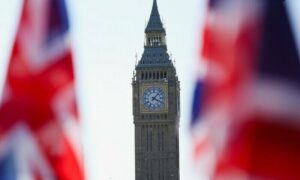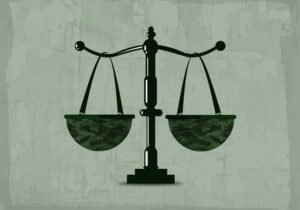ISLAMABAD:
The Islamabad High Court (IHC) reserved its decision on Friday regarding the Pakistan Tehreek-e-Insaf (PTI) petition for permission to hold a protest in the federal capital.
On Monday, PTI Secretary General Omar Ayub Khan called on everyone to “fully participate” in the peaceful protest across the country.
He stated the party’s three demands would be the immediate release of incarcerated PTI leaders and supporters, maintaining peace in the country, and protesting against growing inflation.
Justice Saman Rifat presided over the hearing of the petition submitted by PTI leader Amir Mughal. The party’s request for a protest on 26 July had been denied by the Islamabad administration.
The state counsel informed the court that the federal capital’s administration had refused all political parties’ requests for rallies, highlighting the tense security situation.
Read IHC orders Islamabad administration to engage with PTI amid protest call
Justice Saman inquired about the permission for the PTI protest, suggesting that it be allowed on Monday. She questioned whether the district administration had granted permission to Jamaat-e-Islami (JI) for their protest.
AG Shaukat responded that permission was not granted to JI either and, given the imposition of Section 144 in Islamabad, they could not grant permission to PTI. He added that due to the JI protest, the entire city was effectively closed.
Justice Imtiaz further questioned the relevance of the JI sit-in to the PTI protest and why PTI could not receive permission. She noted that the F-9 area does not fall under Section 144, to which AG Shaukat replied that Section 144 had been imposed across the whole of Islamabad.
Justice Suman remarked, “You might as well declare that you never want to allow PTI to protest”
Advocate General Shaukat reiterated that permission had not been granted, mentioning previous instances such as the TLP sitting during Ashura.
Further addressing the uncertainty, AG responded, “We do not know what the situation will be on Monday.”
After arguments from both sides, the court reserved its decision.






